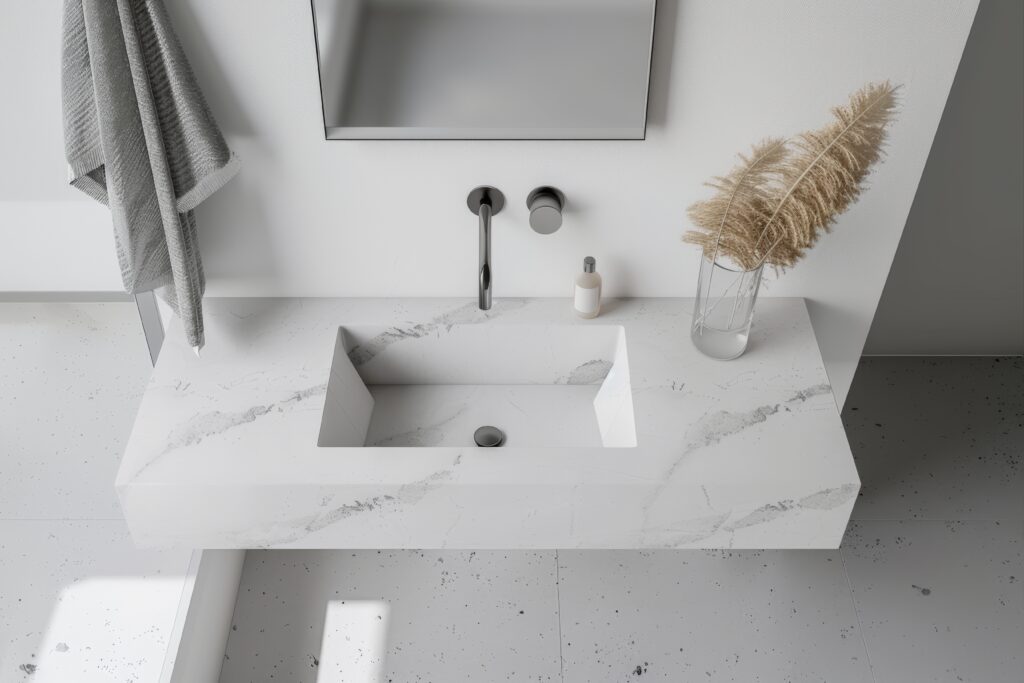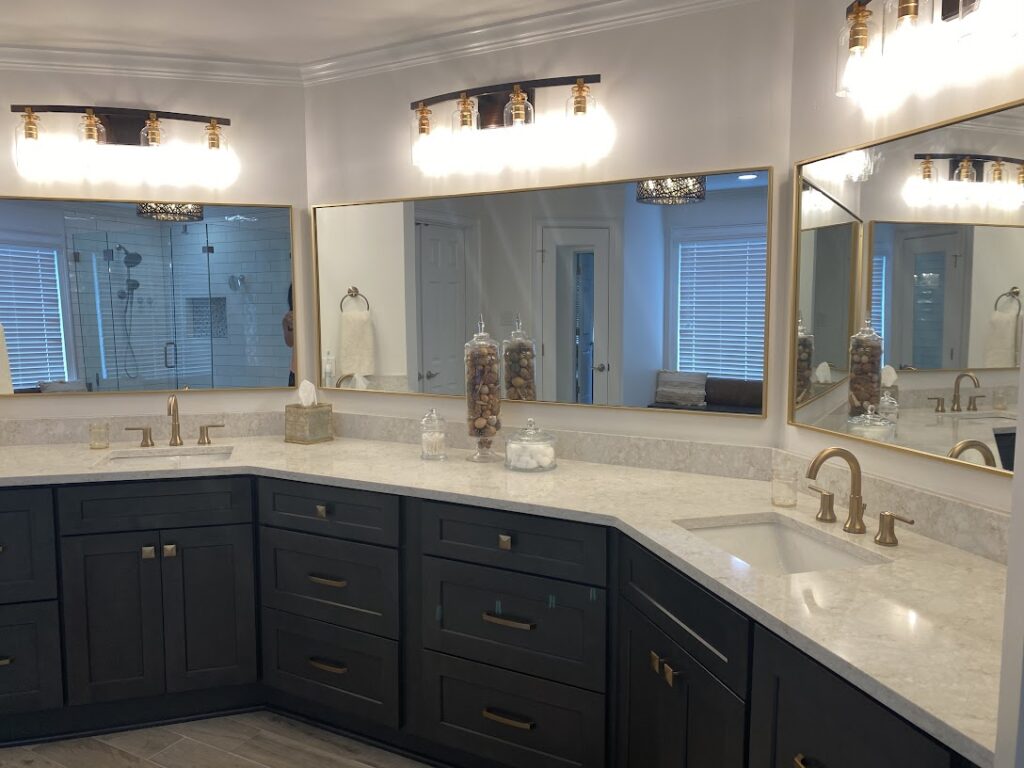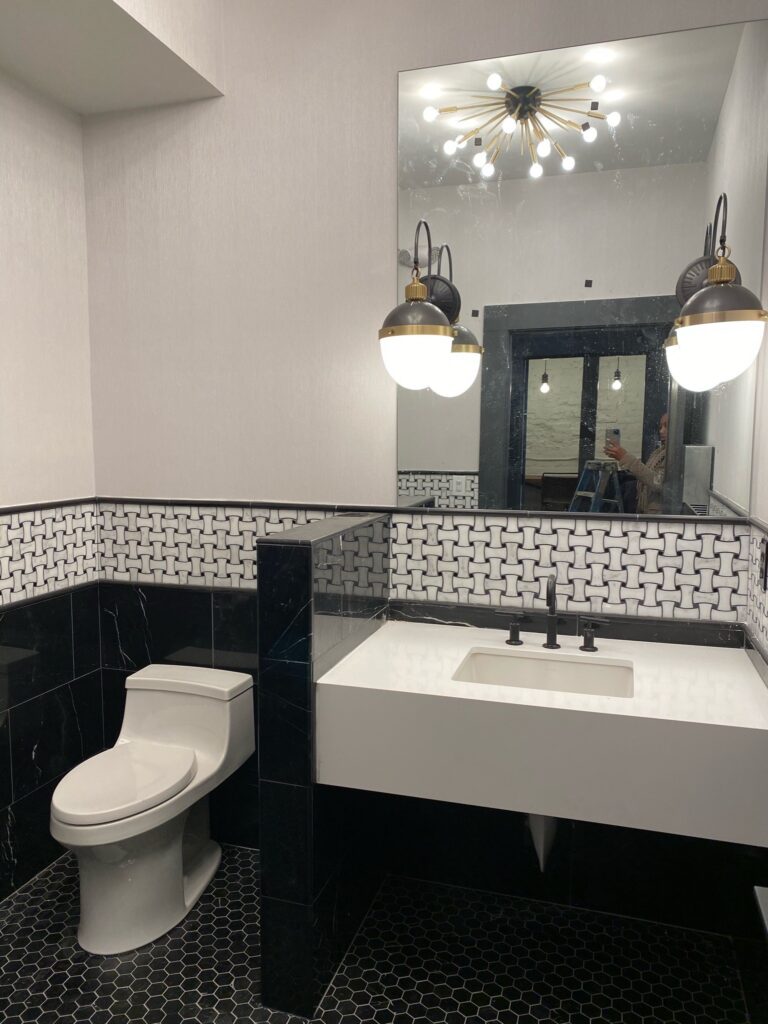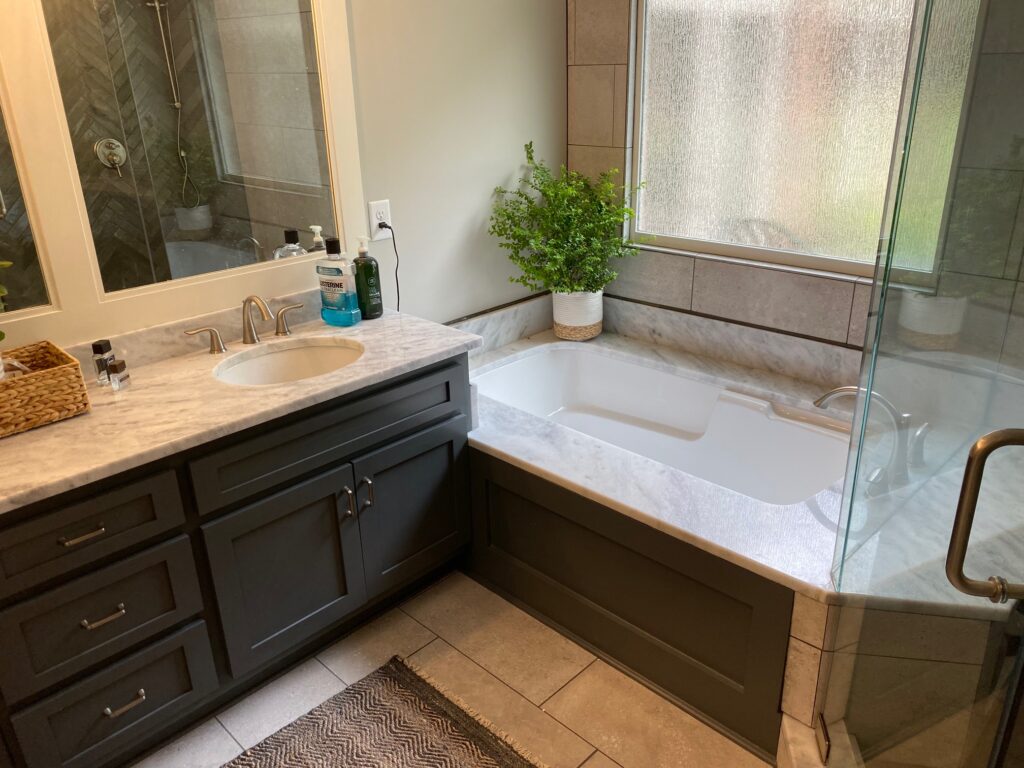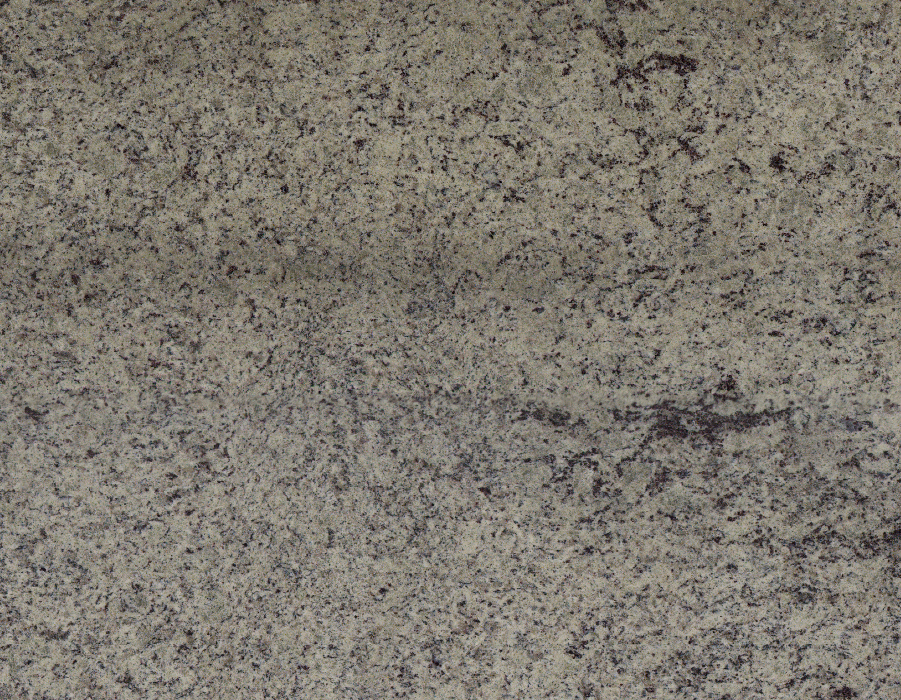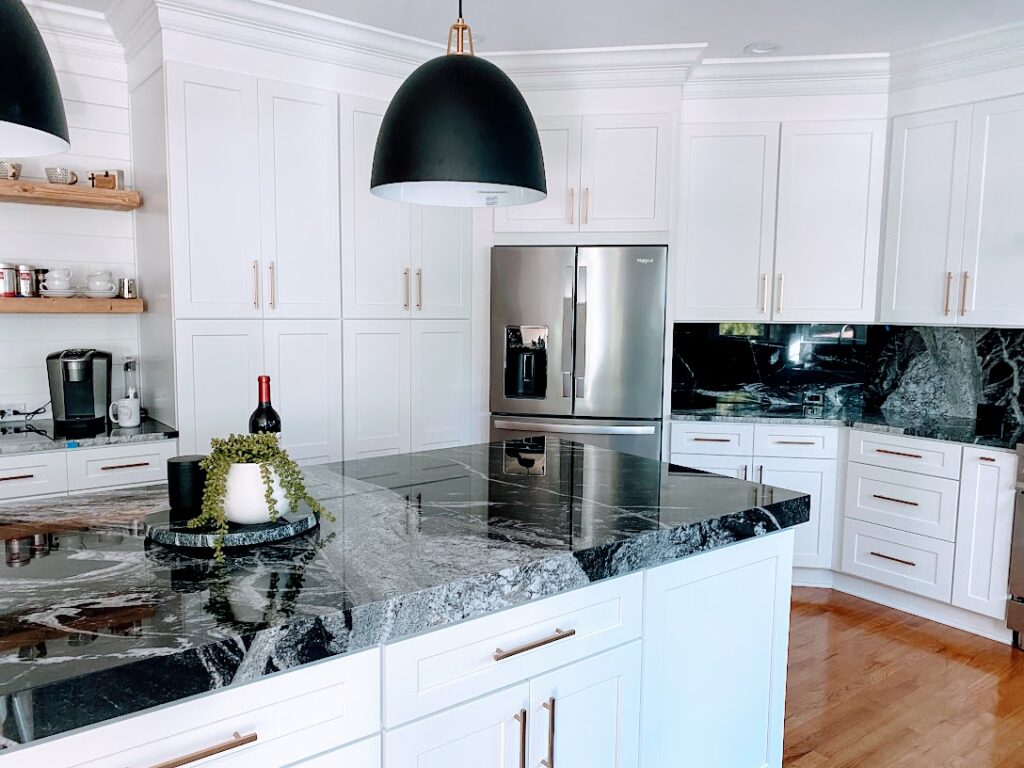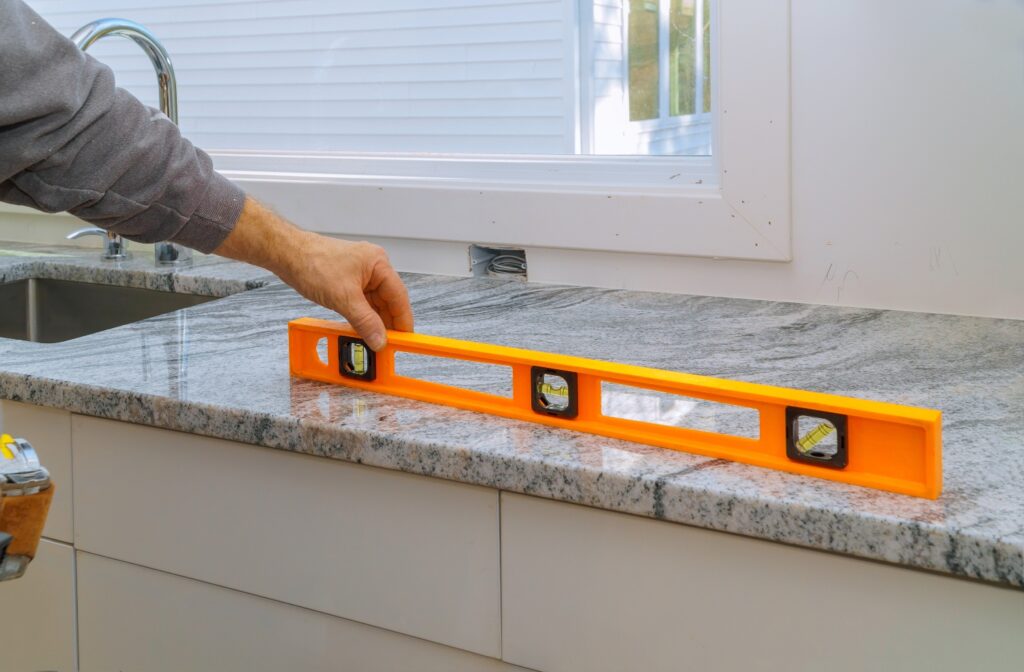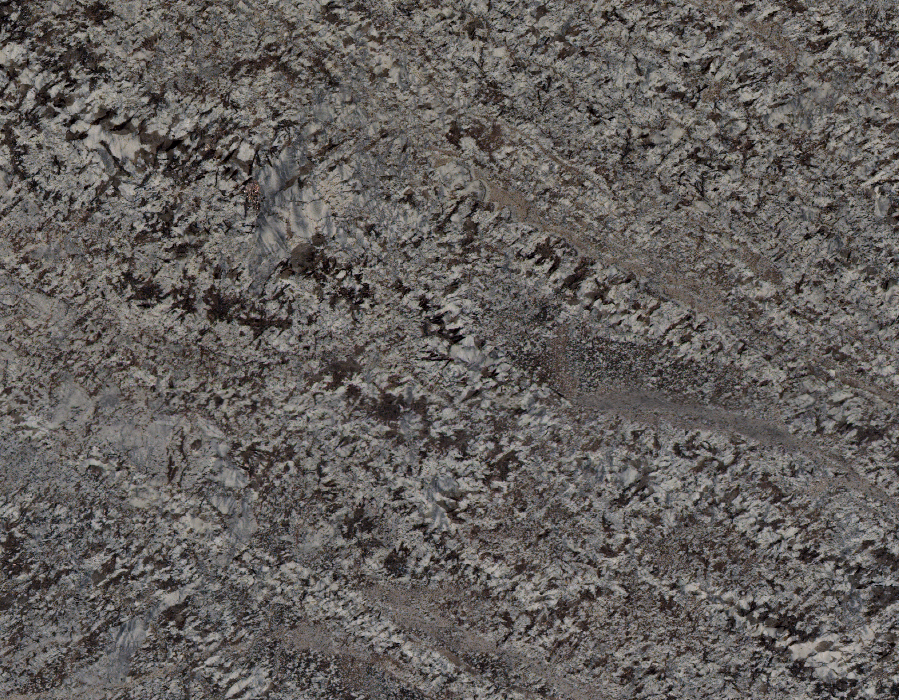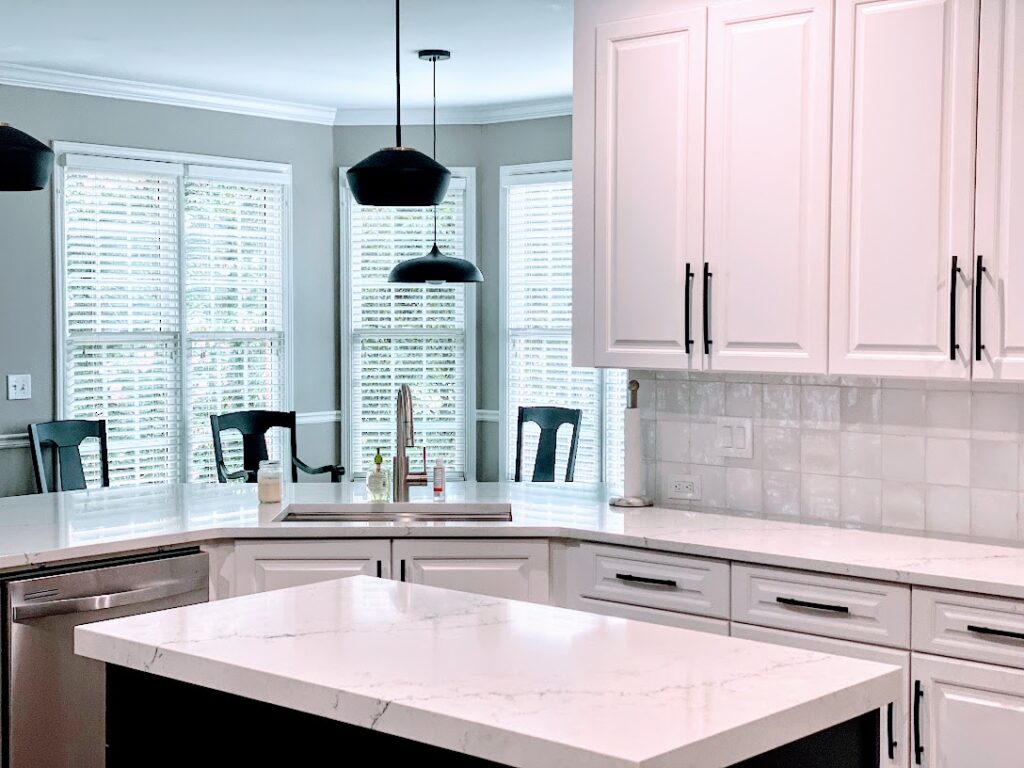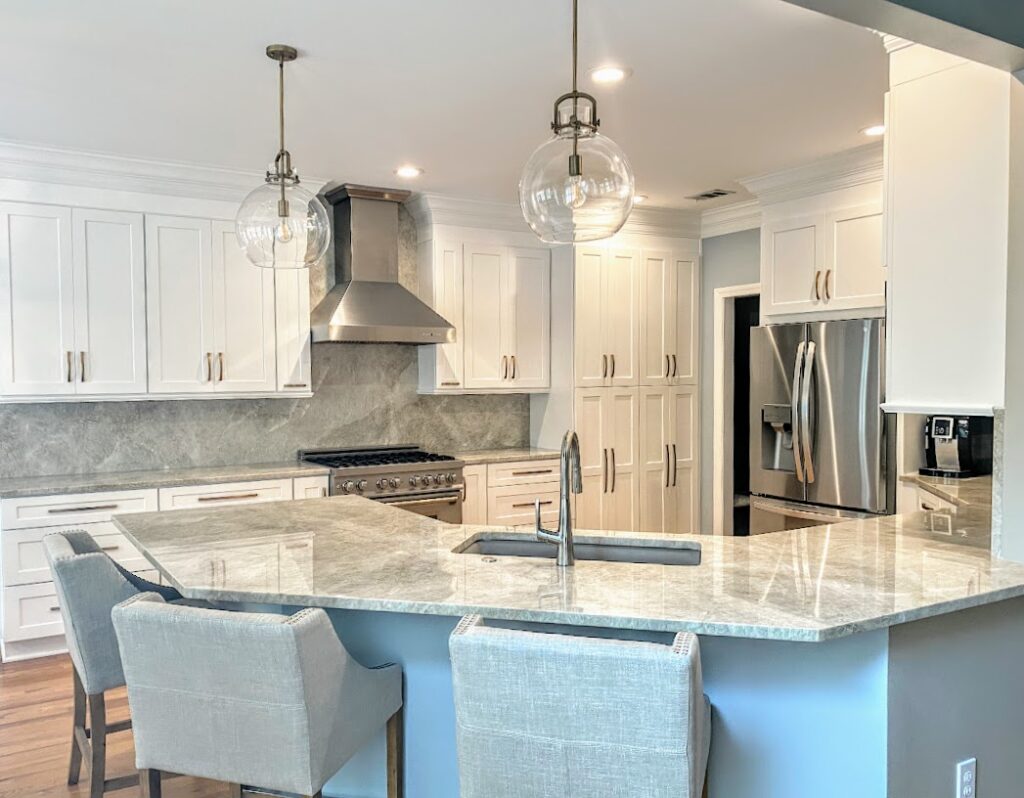Choosing the Ideal Countertop for High-Use Kitchens
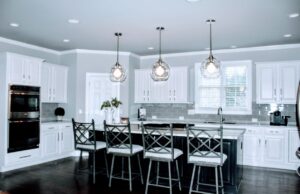
The kitchen is often the busiest area of the home, serving as a gathering place for family and friends. Selecting the right countertop material is essential for balancing aesthetics with functionality, especially in high-traffic environments. This article highlights various countertop options, focusing on the benefits of quartz surfaces.
Why Quartz Stands Out
Quartz countertops have gained popularity due to their unique combination of durability and style. Here are several reasons why they are a favored choice:
-
- Exceptional Durability: Composed of natural quartz crystals and resins, these surfaces are engineered to resist scratches, chips, and stains, making them ideal for busy kitchens.
-
- Low Maintenance: Unlike natural stone options that require regular sealing, quartz countertops are easy to clean and maintain, needing only soap and water for everyday upkeep.
-
- Hygienic Surface: The non-porous nature of quartz prevents the absorption of liquids and bacteria, ensuring a safe and sanitary environment for food preparation.
- Design Versatility: Available in a vast array of colors and patterns, quartz can seamlessly fit into any kitchen aesthetic, from contemporary to classic.
Durability Features of Quartz Countertops
Quartz surfaces are designed to withstand the rigors of daily kitchen activities. Below are some of their standout durability features:
| Feature | Description |
| Scratch Resistance | Quartz surfaces are highly resistant to scratches, allowing for cutting and chopping directly on the countertop without fear of damage. |
| Heat Resistance | While quartz can tolerate moderate heat, it is advisable to use trivets for hot pots and pans to prevent thermal shock. |
| Stain Resistance | The non-porous surface of quartz prevents stains from penetrating, making it easy to wipe away spills and messes. |
| Impact Resistance | Engineered for toughness, quartz minimizes the risk of chipping or cracking from heavy impacts, ensuring longevity. |
Top Countertop Materials for Busy Kitchens
Let’s explore some of the best countertop options for high-traffic kitchens, focusing on durability, maintenance, and overall performance.
1. Quartz: The Best Overall Choice for Busy Kitchens
Why Choose Quartz? Quartz countertops are engineered from a mix of natural quartz crystals and resins, creating a highly durable, non-porous surface. They are resistant to stains, scratches, and heat, making them an excellent choice for busy kitchens. Quartz is also non-porous, meaning it won’t absorb liquids or harbor bacteria, making it a hygienic option for food preparation areas.
Pros of Quartz:
-
- Durable: Quartz is one of the hardest materials available for countertops, making it resistant to scratches and chips.
-
- Low Maintenance: Quartz requires no sealing, polishing, or special care. A simple wipe-down with mild soap and water is enough.
-
- Variety of Designs: Quartz comes in a wide range of colors, patterns, and finishes, including marble-look designs that offer the beauty of natural stone without the high maintenance.
-
- Stain Resistant: Its non-porous surface ensures that spills from common kitchen items like wine, coffee, and oils won’t seep into the material.
Cons of Quartz:
-
- Heat Sensitivity: While quartz is heat-resistant to a degree, placing extremely hot pans directly on the surface can damage the resin. Always use trivets or heat pads.
-
- Cost: Quartz is more expensive than materials like laminate or butcher block, typically ranging from $50 to $150 per square foot.
2. Granite: A Classic Choice for Durability and Luxury
Why Choose Granite? Granite is a natural stone known for its strength, durability, and unique veining patterns. Each granite slab is one-of-a-kind, making it an attractive option for homeowners looking for a luxurious, natural look. Granite is heat-resistant and can handle the occasional hot pan placed on the surface without damage.
Pros of Granite:
-
- Highly Durable: Granite is resistant to scratches, chips, and heat, making it ideal for heavy use in busy kitchens.
-
- Unique Aesthetic: No two granite slabs are the same, offering a completely unique look for your kitchen.
-
- Heat Resistance: Granite can withstand direct heat from hot pots and pans without being damaged.
Cons of Granite:
-
- Maintenance: Granite is porous, which means it requires regular sealing to prevent staining from liquids and food spills.
-
- Cost: Granite is considered a premium material, and its price can vary based on the rarity and complexity of the stone.
3. Solid Surface (Corian): Seamless and Easy to Repair
Why Choose Solid Surface? Solid surface countertops, such as Corian, are made from a blend of acrylic and natural minerals. They offer a seamless appearance, which can be particularly useful for creating a smooth, integrated look with backsplashes and sinks. Solid surface countertops are also non-porous, making them resistant to stains and easy to clean.
Pros of Solid Surface:
-
- Seamless Appearance: Solid surface countertops can be seamlessly integrated with backsplashes, sinks, and even islands, making them perfect for a sleek, modern kitchen.
-
- Easy to Repair: Scratches and minor damage can be sanded out easily, restoring the surface to like-new condition.
-
- Low Maintenance: Solid surface countertops don’t require sealing and are resistant to stains and moisture.
Cons of Solid Surface:
-
- Scratch and Heat Sensitivity: While durable, solid surface materials are more prone to scratches and can be damaged by heat. It’s essential to use cutting boards and trivets.
-
- Limited Durability Compared to Stone: Solid surface materials are not as tough as quartz or granite, making them less ideal for kitchens that see heavy
4.Laminate: Budget-Friendly and Low Maintenance
Why Choose Laminate? Modern laminate countertops have transformed from budget basics to stylish essentials. Crafted from bonded layers of paper or fabric and resin, they now boast an array of colors, patterns, and finishes. Some even mimic natural stone or wood at a fraction of the cost. Durable and versatile, laminate offers affordable luxury for any kitchen.
Pros of Laminate:
-
- Affordable: Laminate is one of the most budget-friendly countertop options, making it accessible for homeowners looking to update their kitchen without breaking the bank.
-
- Variety of Designs: Laminate countertops come in a wide variety of patterns, colors, and textures, including options that mimic granite, quartz, or wood.
-
- Low Maintenance: Laminate is easy to clean with just soap and water, and it doesn’t require sealing or special care.
Cons of Laminate:
-
- Less Durable: Laminate is more prone to scratches, burns, and water damage compared to other materials. It’s not ideal for heavy-duty kitchen use.
- Limited Repair Options: Once laminate is damaged, it can be difficult to repair, and replacement may be the only option.
What to Consider When Choosing a Kitchen Countertop
Before diving into the specific materials, it’s important to understand the key factors that should influence your decision when choosing a countertop for a busy kitchen:
1. Durability
Busy kitchens are prone to scratches, spills, heat exposure, and the occasional impact from heavy pots or utensils. Durability is one of the most critical factors to consider. You’ll want a countertop material that can resist scratches, chips, stains, and other common forms of damage, allowing it to look great and function well over the years.
2. Maintenance
With frequent cooking, cleaning, and food prep, low-maintenance countertops are a must for high-traffic kitchens. Some materials, like granite or marble, require regular sealing, while others, like quartz or solid surface, are virtually maintenance-free.
3. Heat and Stain Resistance
Heat resistance is crucial if you’re placing hot pans directly on the countertop, while stain resistance is important for kitchens that see a lot of food preparation. Materials like natural stone may be prone to staining, while non-porous surfaces like quartz and laminate can resist spills and splatters.
4. Aesthetic Appeal
While functionality is key, the appearance of your countertops can dramatically impact the overall look of your kitchen. Choose a material that complements your cabinetry, flooring, and backsplash, while reflecting your personal style.
5. Budget
Countertop materials come in a wide range of prices, from budget-friendly laminate to high-end natural stones. Consider both the upfront costs and long-term value when making your selection.
Choosing the Best Countertop for Your Kitchen
With so many options available, choosing the right countertop for your busy kitchen can seem overwhelming. Ultimately, the best choice depends on your priorities, whether that’s durability, aesthetics, ease of maintenance, or budget.
For durability and low maintenance, quartz and granite stand out as the top choices. Solid surface materials offer seamless designs and easy repairs, while butcher block adds warmth and are ideal for food prep. If you’re looking for a budget-friendly option, laminate can provide great value with a wide range of design options. Finally, for homeowners seeking a custom look, concrete offers a highly customizable and industrial-style option.
By considering your kitchen’s needs and your personal preferences, you can choose the countertop material that will serve you best, keeping your busy kitchen functional and beautiful for years to come.

Val Carvalho is a manager at Atlanta Stone Creations, with nearly two decades of experience in the stone and design industry. In addition to her leadership role, Val plays a key part in sales and design, bringing creativity, precision, and a strong sense of style to every project. Known for her warm and collaborative approach, she builds strong relationships with both her team and her clients. Val is passionate about delivering beautiful, high-quality results and creating an exceptional experience from start to finish.

